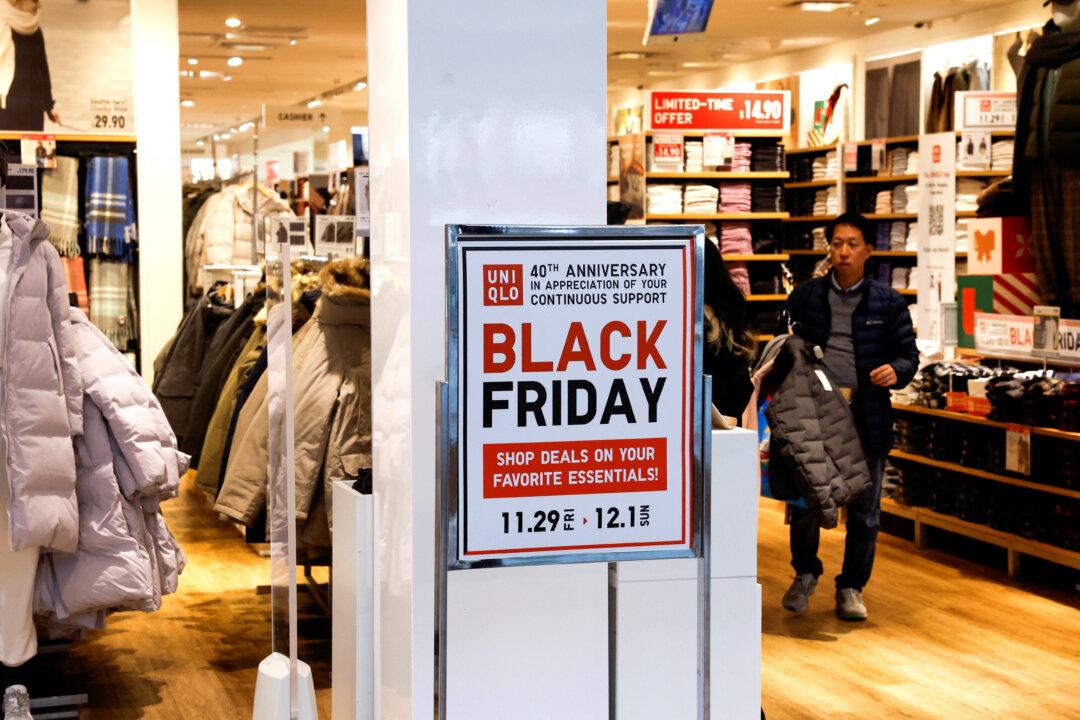HONG KONG—Tens of thousands marched in sweltering heat in Hong Kong on July 21 as anti-government protests show no signs of let-up, with anger over an extradition bill morphing into a fresh front against what many see as an erosion of freedoms.
Millions have rallied over the past two months in an unprecedented show of force against Hong Kong leader Carrie Lam, triggering the worst social turmoil to rock the former British colony since it returned to Chinese rule 22 years ago.
Protesters marched in temperatures of around 31 degrees Celsius (87.8°F) from Victoria Park in the bustling shopping district of Causeway Bay to Wan Chai, just one metro stop away, after police shortened the route, citing safety concerns.
Rally organizers lost their appeal to have the march route end at the Court of Final Appeal in Central district, close to where police in June fired rubber bullets and tear gas to disperse activists.
“I think many people will just march on towards Central,” said pro-democracy legislator Claudia Mo.
“The police are terribly worried, I understand, about possible scuffles, clashes ... violence around the government and legislative complexes and the police headquarters,” Mo added.
Authorities used massive blue and white water barriers to barricade government and police headquarters, while global bank HSBC, in a rare move, pulled down large metal barriers on the street level of its gleaming skyscraper building.
While most of the rallies have passed off peacefully, some have erupted into violence late at night when more radical protesters have clashed with police.
In images beamed live to the world in recent weeks, protesters besieged police headquarters and on July 1—the 22nd anniversary of Hong Kong’s return to Chinese rule—stormed and ransacked the city’s legislature.
‘Kill Bill” Call
The latest protest comes a day after tens of thousands gathered to voice support for the police force, who some have accused of using excessive force against activists, and call for an end to the violence.
While some at the July 21 march are calling for universal suffrage, a key demand is for the now-shelved extradition bill, which would have allowed people to be sent to China for trial, to be fully withdrawn.
Other demands include charges against protesters to be dropped and for an independent commission of inquiry into complaints of excessive use of force by police.
“I came back to Hong Kong this summer because of the protests,” said Mandy Ko, 27, who is originally from Hong Kong and now lives in Australia.
“My spirit is still with Hong Kong people,” Ko added.
Last weekend, two initially peaceful protests degenerated into running skirmishes between baton-wielding police and activists, resulting in scores of injuries and more than 40 arrests.
Lam has apologized for the turmoil the extradition bill has caused and declared it “dead.” Opponents of the bill, which they fear could be used to silence dissent, say nothing short of its withdrawal will do.
Under the terms of the handover from Britain in 1997, Hong Kong was allowed to retain extensive freedoms not enjoyed on the mainland under a “one country, two systems” formula, including an independent judiciary and the right to protest.
But for many Hong Kong residents, the extradition bill is the latest step in a relentless march toward mainland control.
The protests have at times paralyzed parts of the financial district, shut government offices and disrupted business operations across the city. Officials have also warned about the impact of the unrest on the economy.





